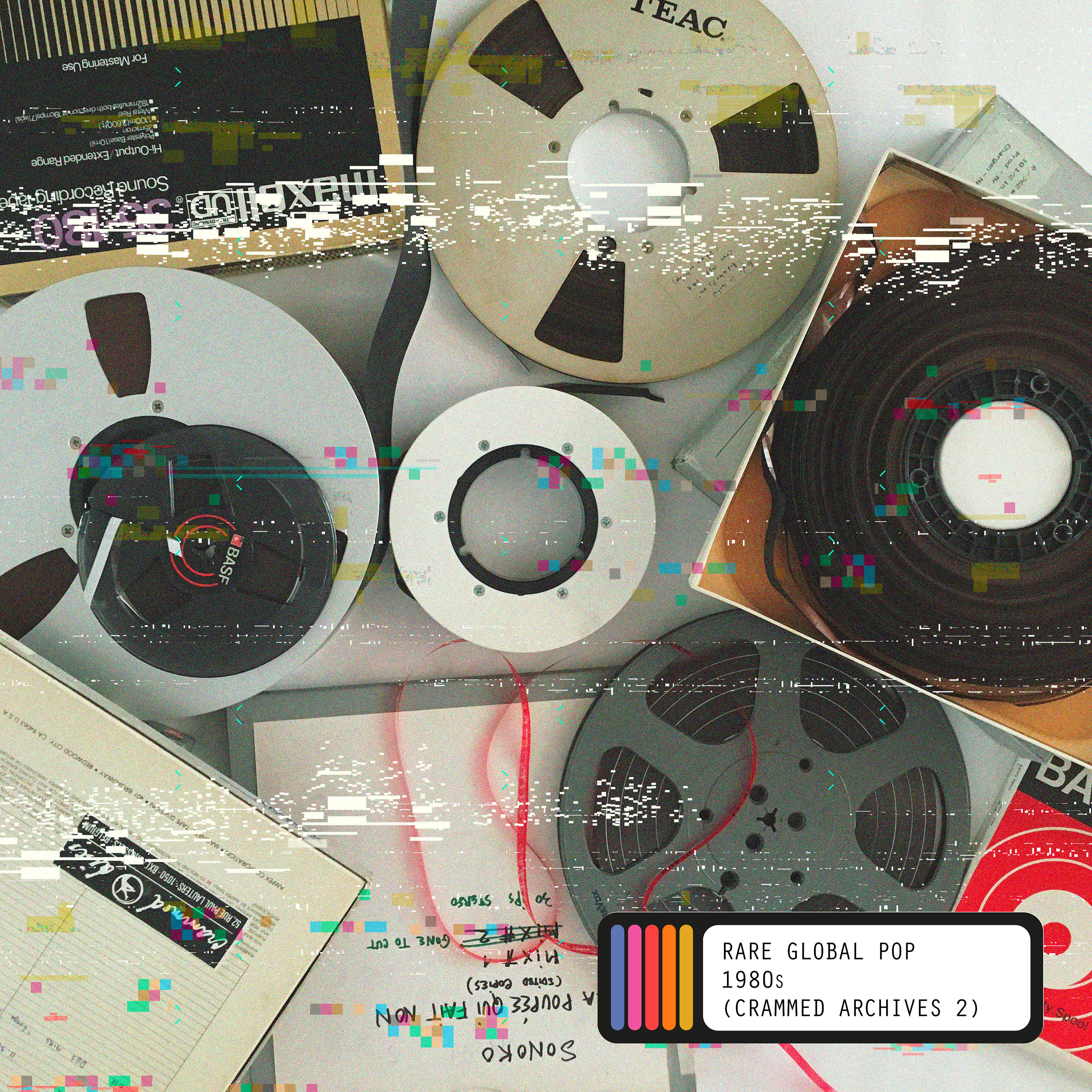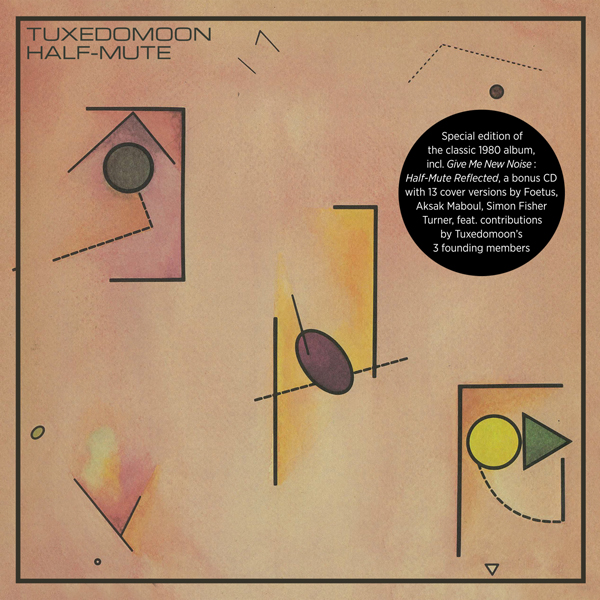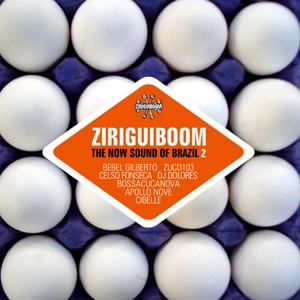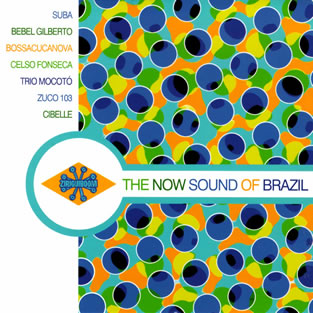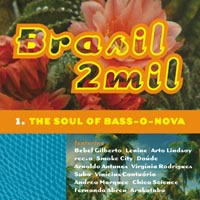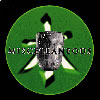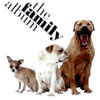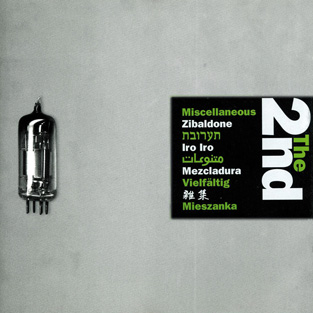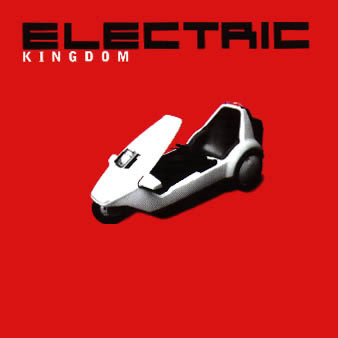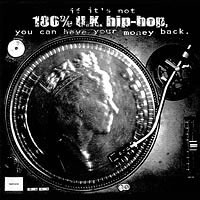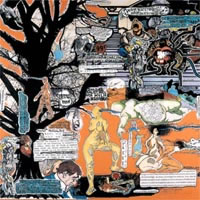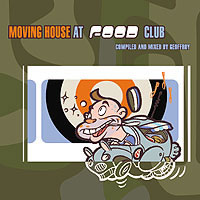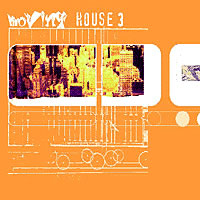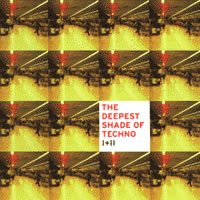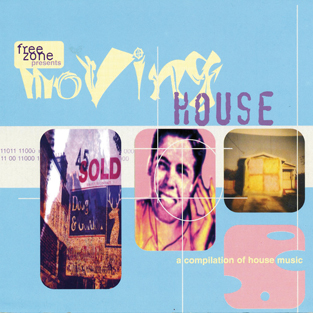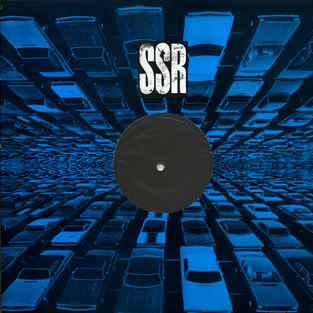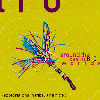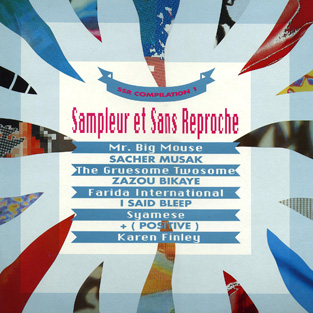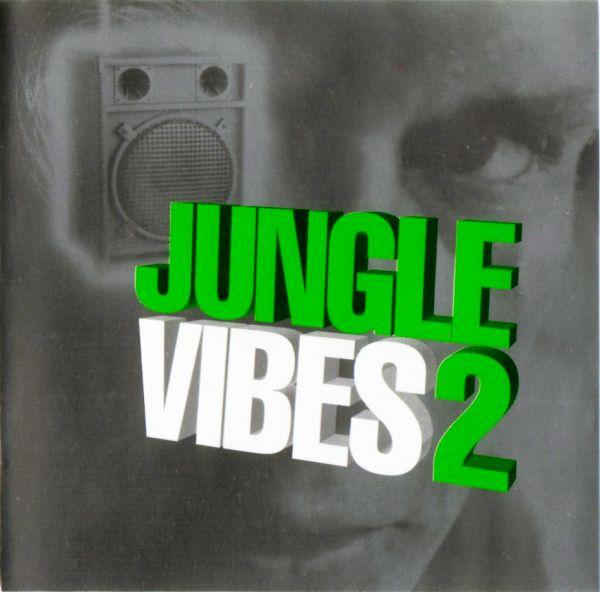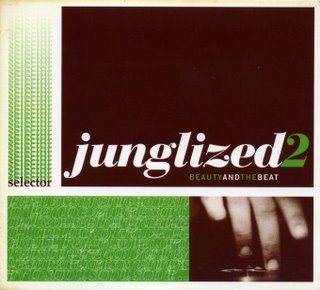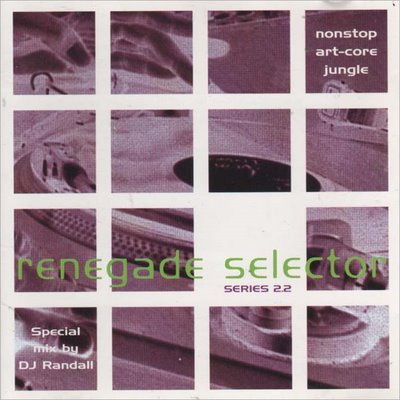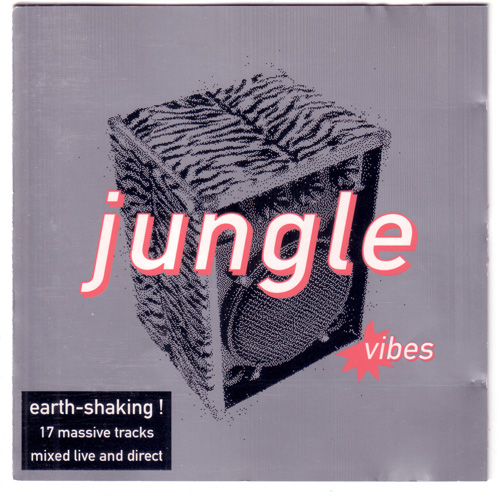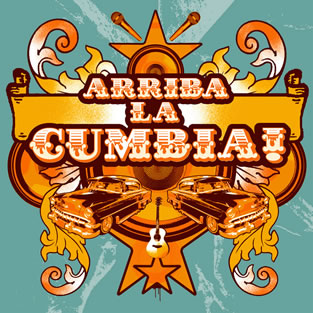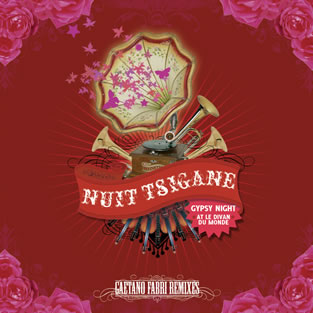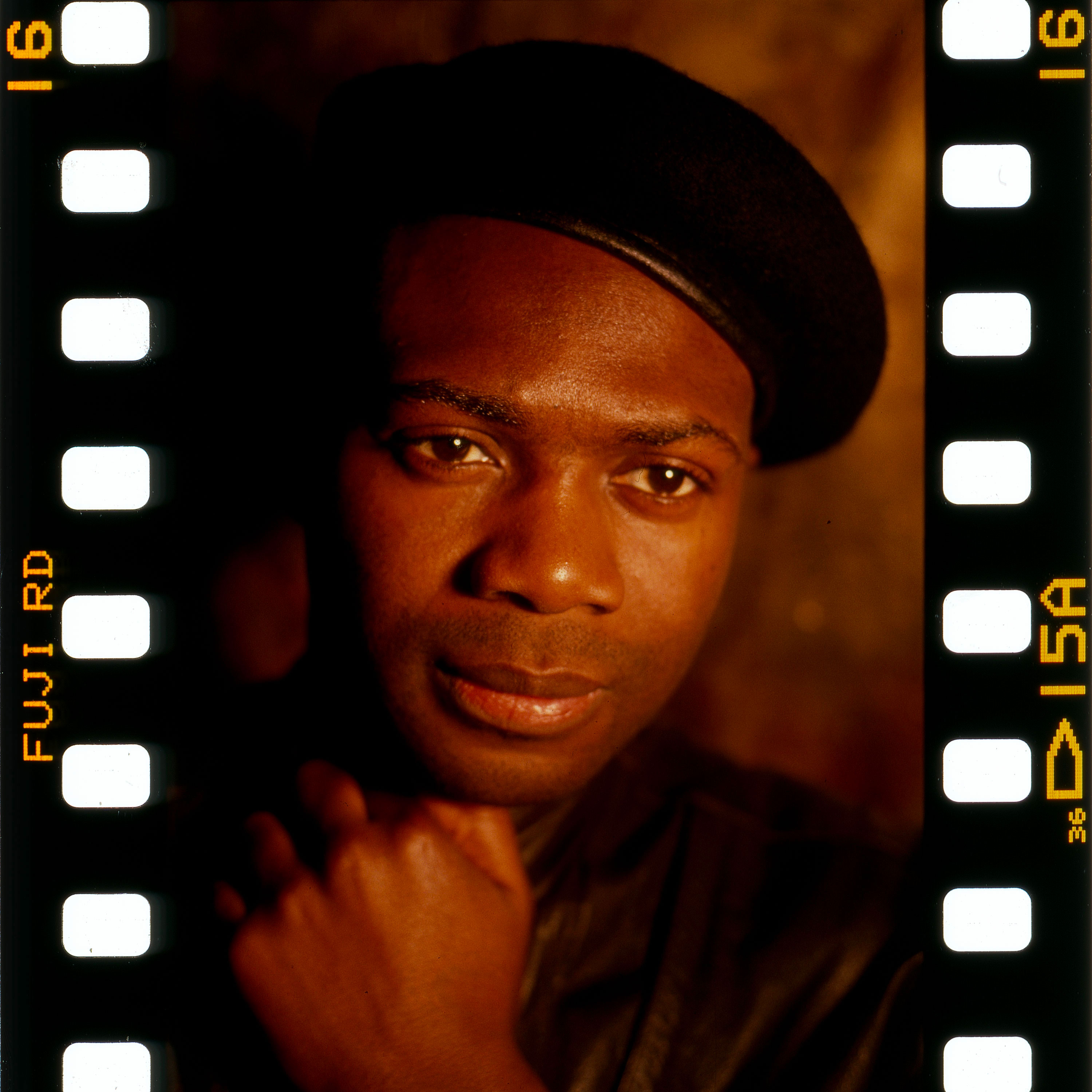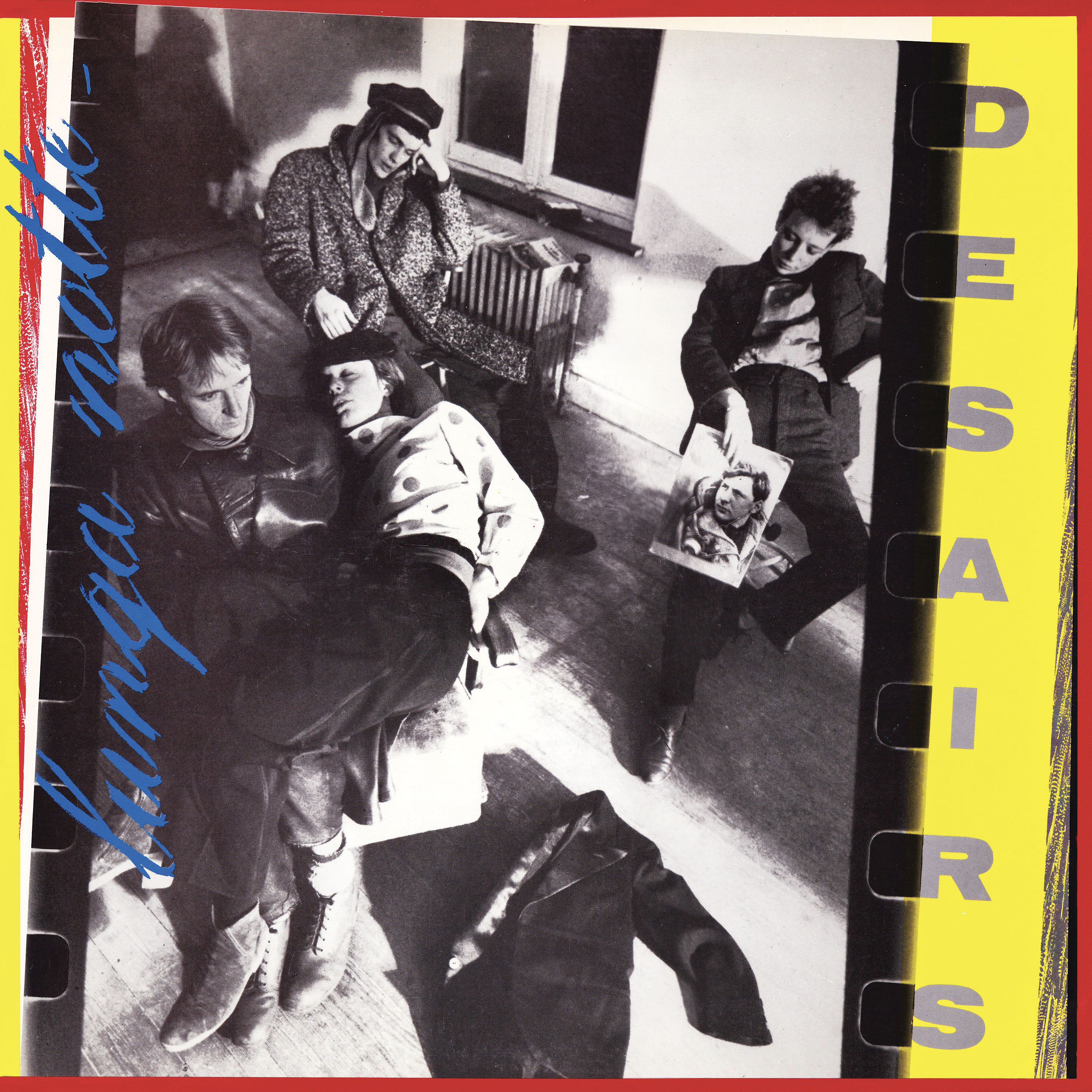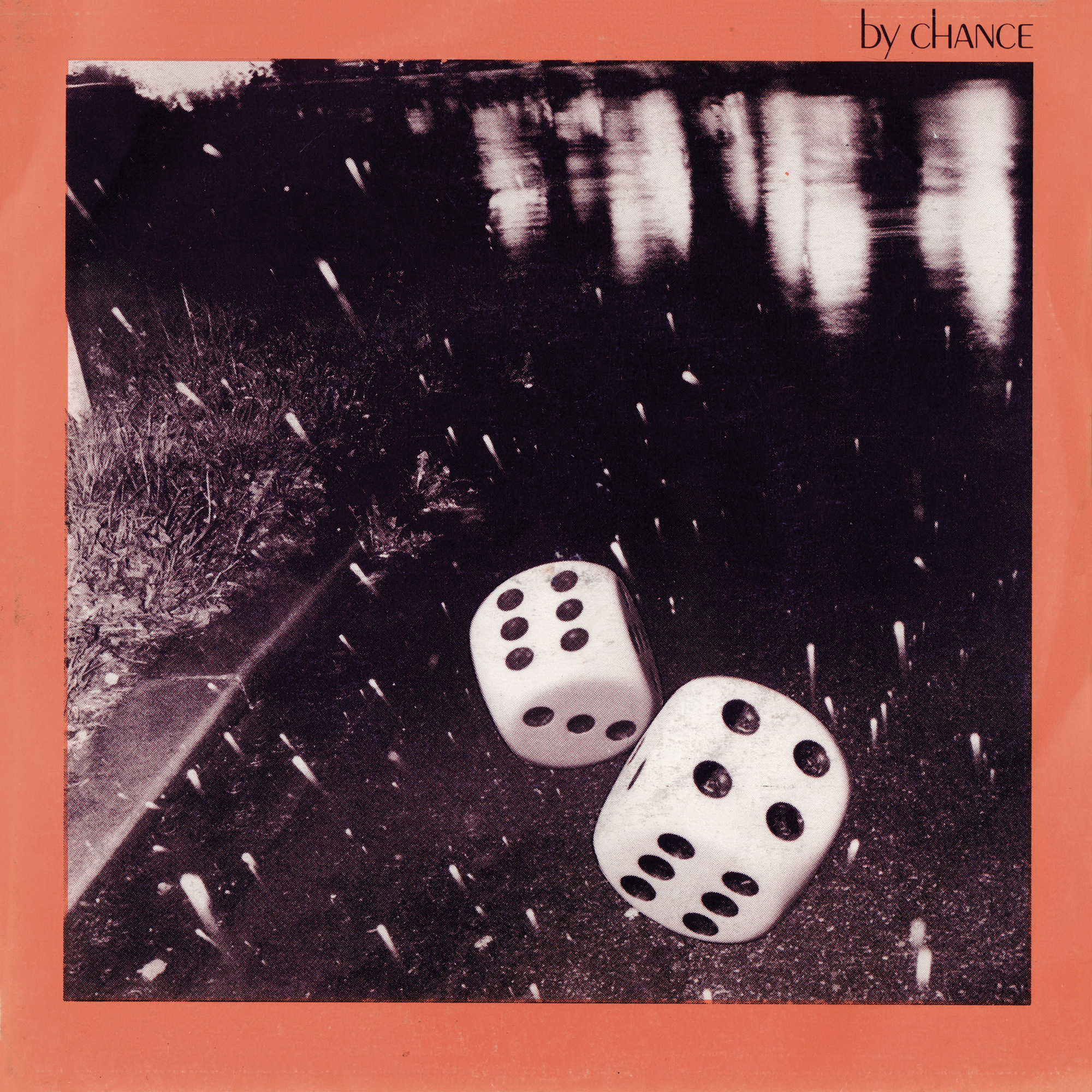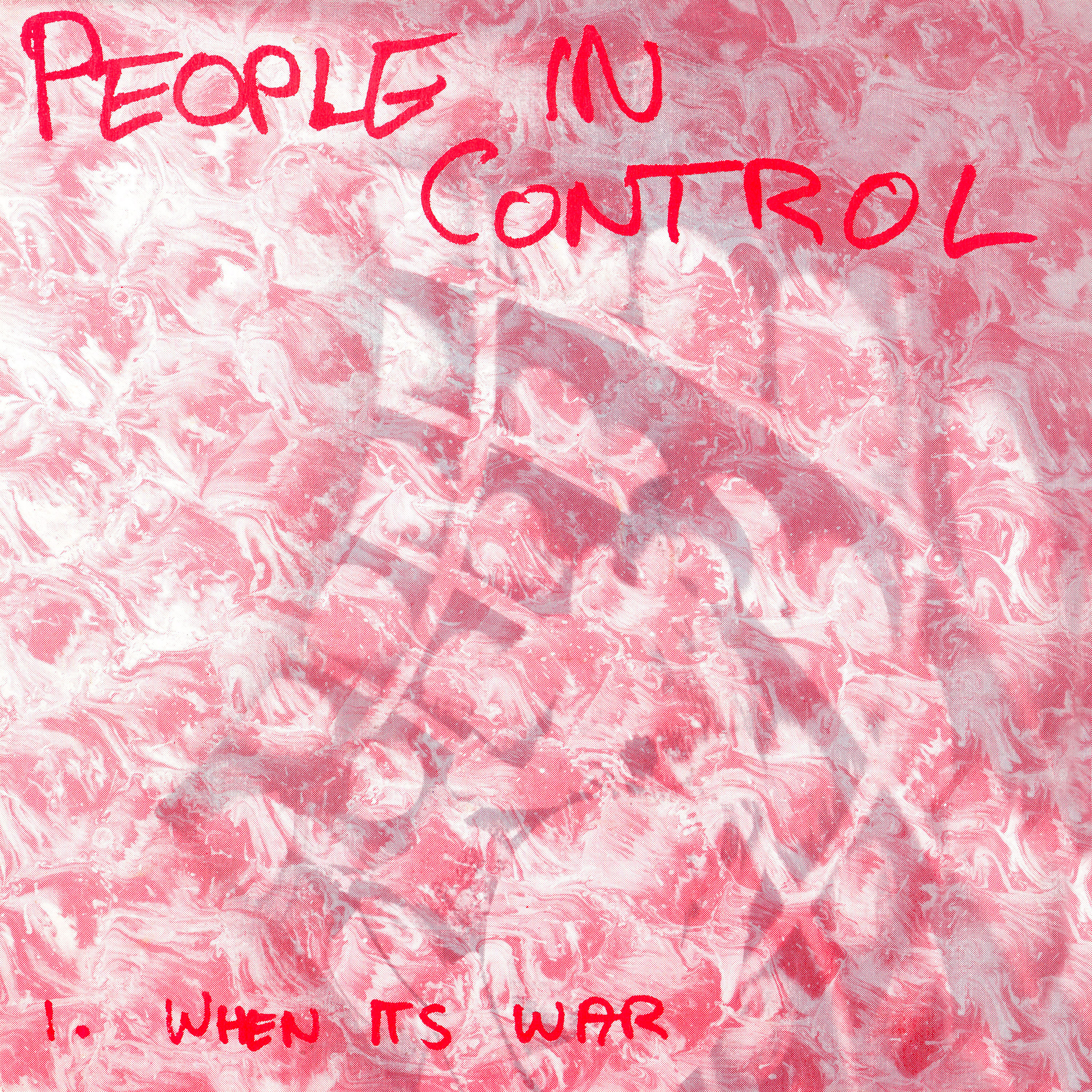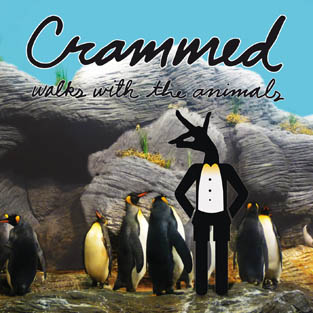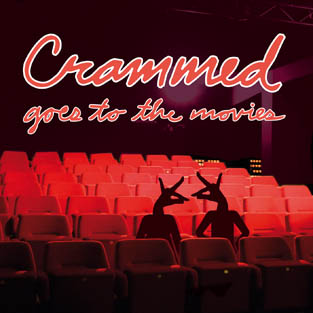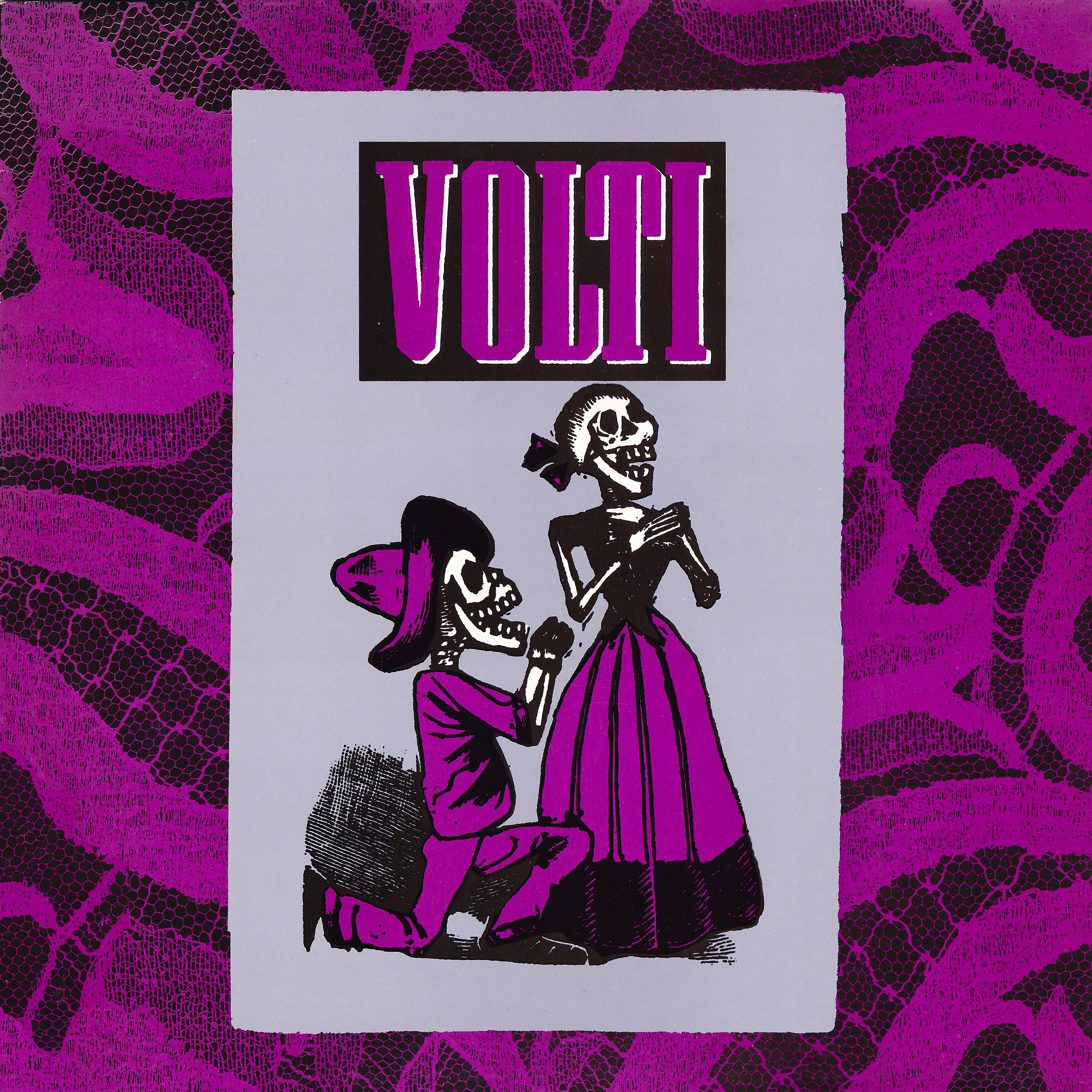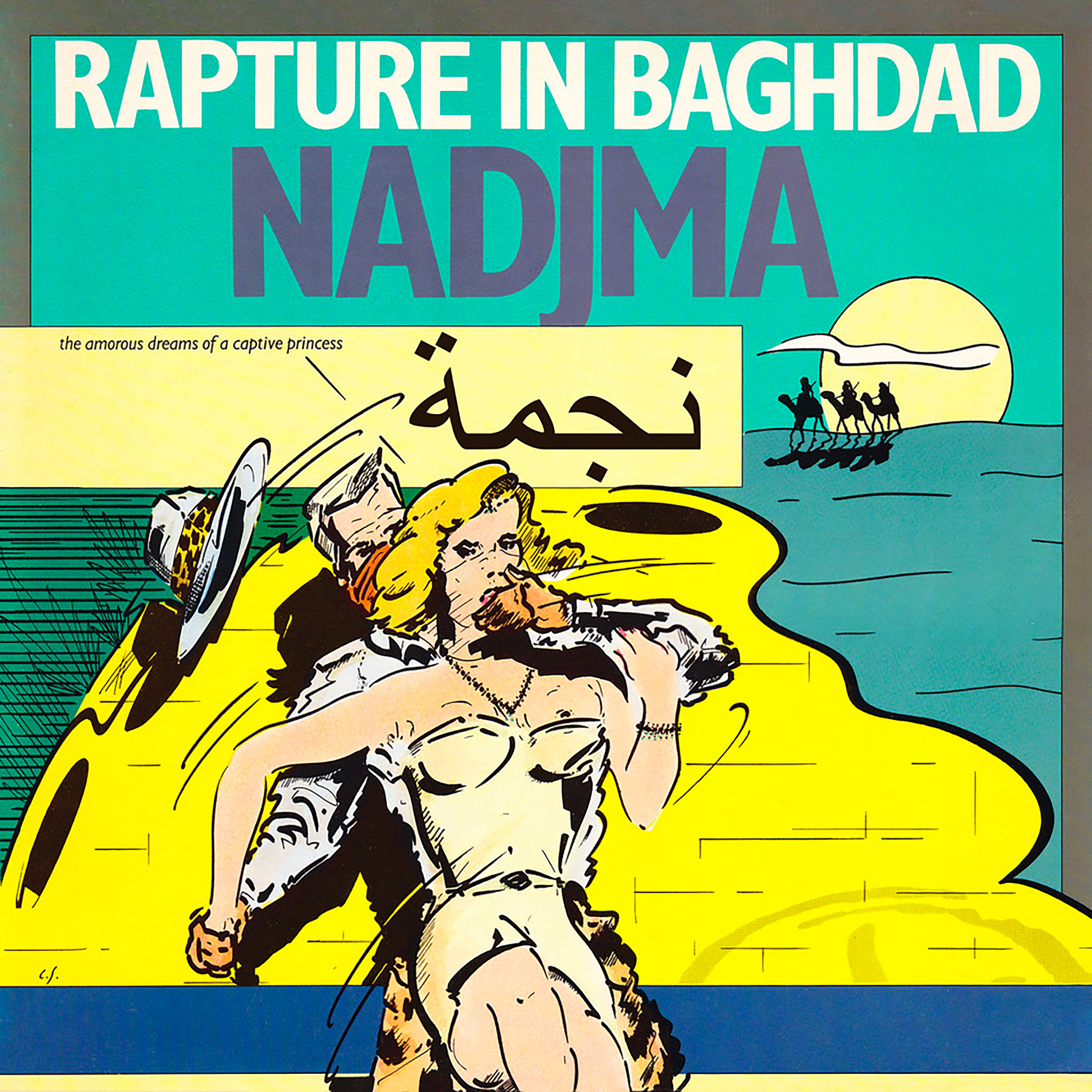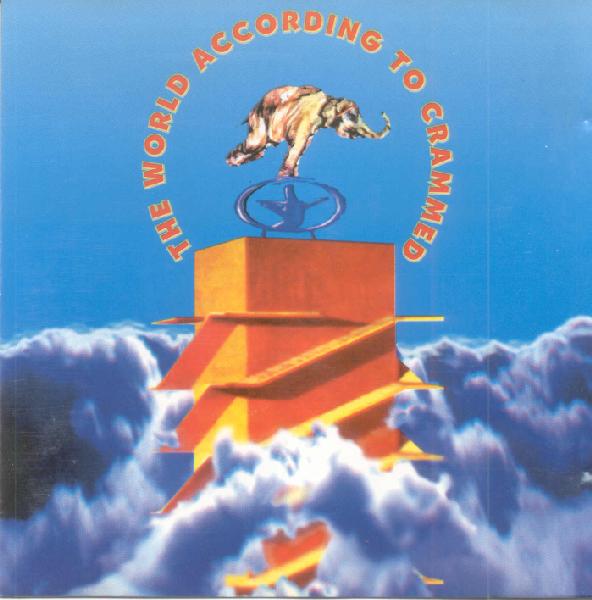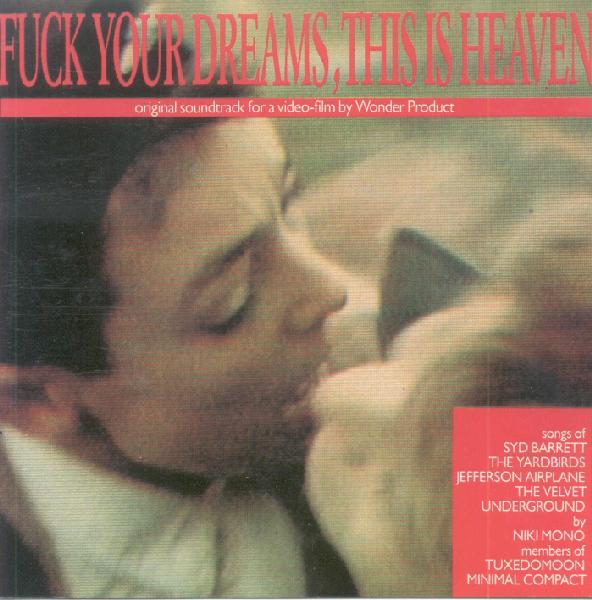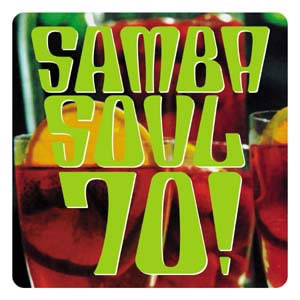
Towards the end of the Sixties, the influence of the Black Power movement and figures like Cassius Clay and Martin Luther King inspired musicians in Rio and São Paulo to adopt the Black Is Beautiful motto and to create their own Afro - Americano - Brazilian hybrid, bringing together elements of soul/R'n'B and Samba. Brazilian Black Music (or SambaSoul) was born, and went on to transform the music of the next decade.
Selected by Bossacucanova's DJ Dalua and Ziriguiboom's Béco Dranoff & Marc Hollander, this collection features kicking tracks recorded in the 70s by the most significant members of the SambaSoul movement... an absolute party record, the indispensable accessory for a hot, hot Summer 2001!
At the end of the 1960's, the American 'Black Power' movement and figures like Cassius Clay and Martin Luther King were huge influences among Brazilian musicians. 1968 marked the 'Black Is Beautiful' era, inspiring Brazilian musicians to bring American Black Music and the Brazilian vibe closer together. By1969 Brazilian Black Music was already around in urban centers like São Paulo and Rio. The SambaSoul sounds and ideas would go on to transform the music of the next decade and can still be felt today.
Signs of change were already present at the 'Festivais de MPB' (national TV contests of Música Popular Brasileira), on protest songs against dictatorship, and the Tropicália and Jovem Guarda (literally 'Young Guard') movements. Samba was in search of new forms, claiming more space for the electric guitar and incorporating the beat on the first tempo and harmonies from the Blues. People like James Brown, Stevie Wonder, Otis Redding, Aretha Franklin, O.C. Smith and the whole Motown cast were extremely popular. SambaSoul aggregated the most diverse styles of Funk and R&B.
During the 70's, the SambaSoul/SambaRock movement took real shape with the release of seminal records by Jorge Ben, Trio Mocotó, Tim Maia, Elis Regina, Gilberto Gil, Cassiano, Gerson 'King' Combo, Elza Soares, Tony Tornado, Marku Ribas, Wilson Simonal, Bebeto, Dafé, Martinho Da Vila, Luis Melodia and many more. Big bands like Erlon Chaves' Banda Venêno, Dom Salvador & Banda Abolição, César Camargo's Som Três and the great Banda Black Rio, as well as maestros and Jazz musicians like Milton Banana, Ed Lincoln and Wilson Das Neves also joined the party and enriched the movement.
Like Jazz to the Bossa Nova in the early 60's, the 70's were the right time for Black Music and Funk to be incorporated to the 'Jeitinho Brasileiro' (the 'Brazilian Way') and the result was the unique SambaSoul/SambaRock sound. The legacy for the Digital Beat generation is a fusion of styles and forms that facilitates the creation of today's Dance/Funk/Hip Hop/Rock sounds of the new millennium. The Brazilian Gospel, our Soul/Beat music and it's innovative language brings the sounds of the old 'Gafieiras' (classic Samba clubs) to the dancefloors of the DJ era.
João Parahyba / Trio Mocotó









